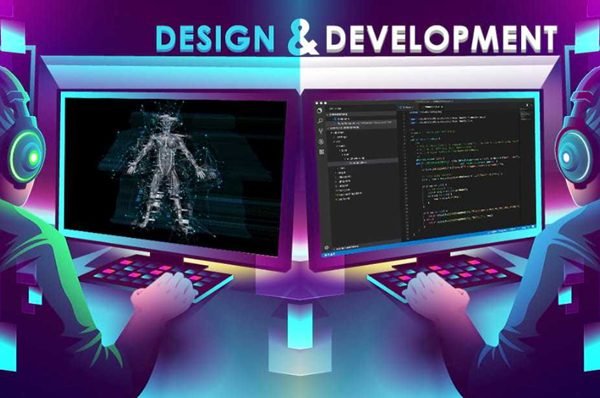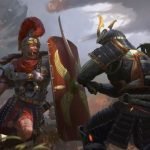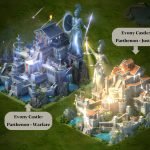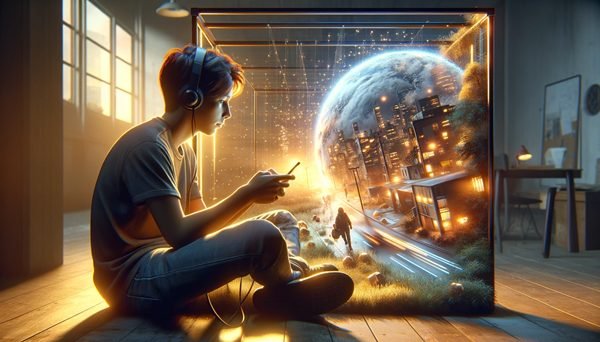Game development is a challenging process that requires specific skills, knowledge, and creativity. This article explores different viewpoints on how to get started with game programming, with a focus on setting clear goals, choosing the right programming language, and selecting the appropriate game engine.

Setting Goals
When starting game development, setting clear goals is crucial. Goals should be specific, achievable, and aligned with your interests. You can start with simple goals like learning how to use Unity or creating a specific game genre. Avoid making long-term goals without breaking them down into smaller, achievable milestones. Setting goals is a good way to stay motivated and track progress.
Prerequisites
Mathematics is an essential skill in game development. It helps you think logically and solve problems related to programming. While advanced mathematics is not necessary, having a basic knowledge of algebra, geometry, and calculus can be helpful.
Knowing at least one programming language is also essential. Python is a beginner-friendly language with a simple syntax, making it easy to understand. C++ and C# are more complex programming languages that are widely used in the game development industry. C++ is the industry standard language, and it’s suitable for large games, while C# is ideal for beginners and small games.
Choosing a Game Engine
Game engines are software frameworks that simplify game development by providing essential tools and resources. Three popular game engines are Unity, Unreal, and Godot.
Unity is a user-friendly game engine suitable for smaller games and mobile development. It is flexible, well-documented, and extensible, making it easy to build any game genre. Unity supports virtual reality and augmented reality, making it ideal for simulations, visualizations, and architectural projects.
Unreal, on the other hand, is more complex than Unity but provides more control over graphics and stability. It’s an industry-standard game engine and is suitable for large games and high-performance graphics.
Godot is an open-source game engine that is easy to use, lightweight, and customizable. It’s suitable for small to medium games, and it’s ideal for 2D game development.
Essential Skills
Strong IT skills, including programming, video graphics, and hardware, are necessary for game development. Game designers must have a flair for design, including character design, scenery design, and user interface design. They should have artistic and technical skills in these areas to create games that are vivid and lifelike.
Game development requires problem-solving skills to overcome challenges and resolve technical issues. Developers need grit and patience when approaching problems or debugging code.
Time management skills are crucial in game development. Games have multiple moving parts and require collaboration between different teams, including artists, programmers, and producers. Time management skills help developers work under pressure, meet project deadlines, and collaborate effectively.
Creativity is essential in game development. It’s what makes games unique and sets them apart from other games. Developers need to have original ideas and the ability to dream up incredible virtual worlds.
Communication skills are also essential. Developers need to communicate their vision and ideas to other project team members, including visual artists, producers, music and sound effects specialists, and marketers.
Finally, keeping up with industry developments is essential. Developers need to love games and play them often to keep up with industry trends and stay competitive.
Conclusion
Game development is an exciting journey that requires passion, commitment, and creativity. Setting clear goals, choosing the right programming language, and selecting the appropriate game engine are crucial for success. Essential skills include strong IT skills, problem-solving aptitude, time management skills, creativity, communication skills, and staying up-to-date with industry developments. With these skills and the right mindset, anyone can start a career in game development or create their dream game.







